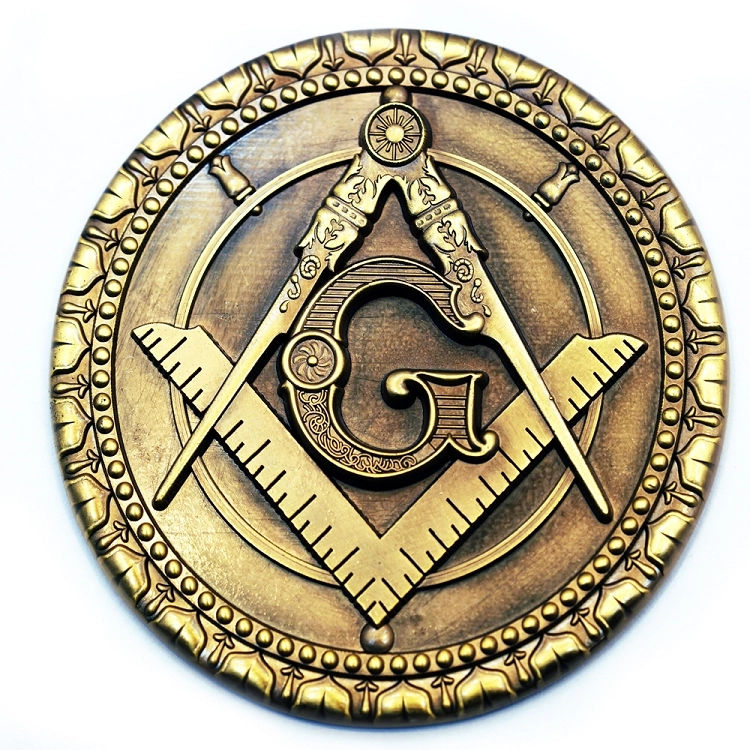The History Of
FreemasonryHave you ever asked…
About the History of Freemasonry
Although Freemasonry is believed to be the oldest surviving fraternal organization in the world, the exact date of its founding is uncertain. Freemasonry can, however, be easily traced to sixteenth century Scotland although the first Masonic governing body was not founded until 1717 in London.
At some point between 1390 and 1717 lodges of operative masons began to accept as men who did not work in the building trade. Eventually whole lodges composed of such persons arose, leading to a transition from lodges being composed of stone masons to lodges being composed of men from other occupations who gathered and shared a ritual comprised of allusions to carpentry, architecture, and stone masonry.
In 1717, four of these lodges in England met and formed the first Grand Lodge. A Grand Lodge is a Masonic body having jurisdiction over the lodges within a certain geographical area. Each state has its own Grand Lodge. In the United States, the District of Columbia has its own Grand Lodge.
Symbolic, Craft, or Blue Lodge Masonry has three degrees. The three degrees are, in order: Entered Apprentice, Fellow Craft, and Master Mason. In early Speculative Masonry there was only one degree. Later a two-degree system developed and finally the three-degree system of today evolved and was firmly in place by around 1760 A.D.
A “degree” is a drama in which a newcomer to Masonry, the candidate, is made to play a key part. These dramas have several characteristics and are progressive in nature, that is, they build on each other. These dramas are enacted with only Masons being present and are for the purpose of moral instruction. A unique characteristic of each Masonic degree is an “obligation” taken by the candidate. The obligation is an oath taken for the purpose of instructing the candidate in his Masonic duty.
Masonry does require of its adherents a belief in God and in life after death, though it asks no one to expound upon the particulars of his understanding of those two beliefs. That said, Masonry is not a religion. There is nothing in Freemasonry to interfere with a man’s religious life. Religion and politics are two subjects not allowed to be discussed when a lodge is in session.
Masonry teaches the importance of helping the less fortunate. It especially stresses care for the widows and orphans of Masons. Indeed, most Grand Lodges have within their jurisdiction a home for aged Masons, their wives and widows, and also a home for Masonic orphans. In the U.S.A. alone, all branches of Masonry combined provide over of $1.5 million of charitable aid per DAY!
Get In Touch
Legacy Lodge #678, A.F. & A.M.
519 Park Street
Des Moines, IA 50309
secretary@legacylodge678.org
